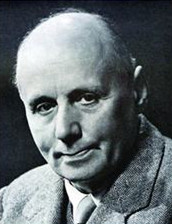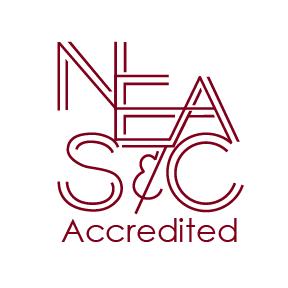Unity in Diversity: Stepping into the Stories of Europe Week
Issue date:2024-12-18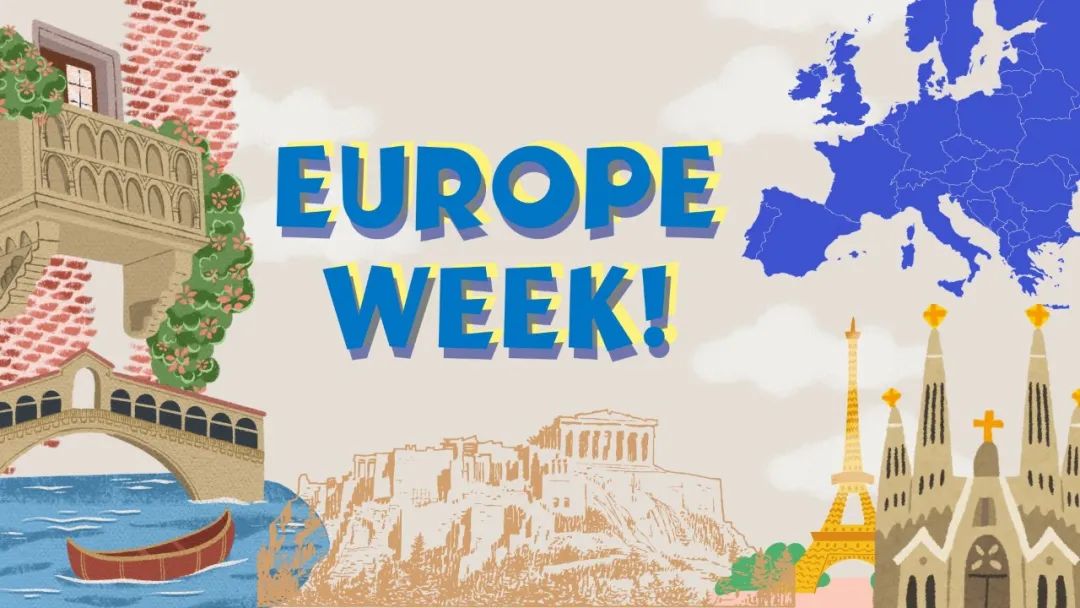
Following the success of African and American Culture Weeks, Europe Week took place from December 2nd to 6th, showcasing a range of exciting student-led activities.

The week included various themed workshops, European cooking sessions, engaging discussions at the Global Café, a winter market, a night of bonfire storytelling, and the Eurogala.
With the theme "Unity in Diversity," Europe Week gave community members a chance to learn about the connections and differences among European countries, promoting cross-cultural exchange and understanding.
01
Exploring European Culture
Through Themed Workshops
A variety of engaging workshops were held during Europe Week. The General Language Workshop provided an opportunity for community members to explore different languages, from French to Armenian. Participants engaged in lively discussions and comparisons while enjoying fun and interactive games that uncovered the diverse influences behind European languages.
The Balkan Language Workshop focused on the languages of the Balkan Peninsula and highlighted the similarities among these languages. Despite being geographically separated, the languages serve as a cultural bond that unites the countries in the region.
In the Tongue Twister Workshop, community members tested their linguistic skills with tongue twisters in French, Albanian, and Italian. It was a fun way to embrace the joy of language through laughter.
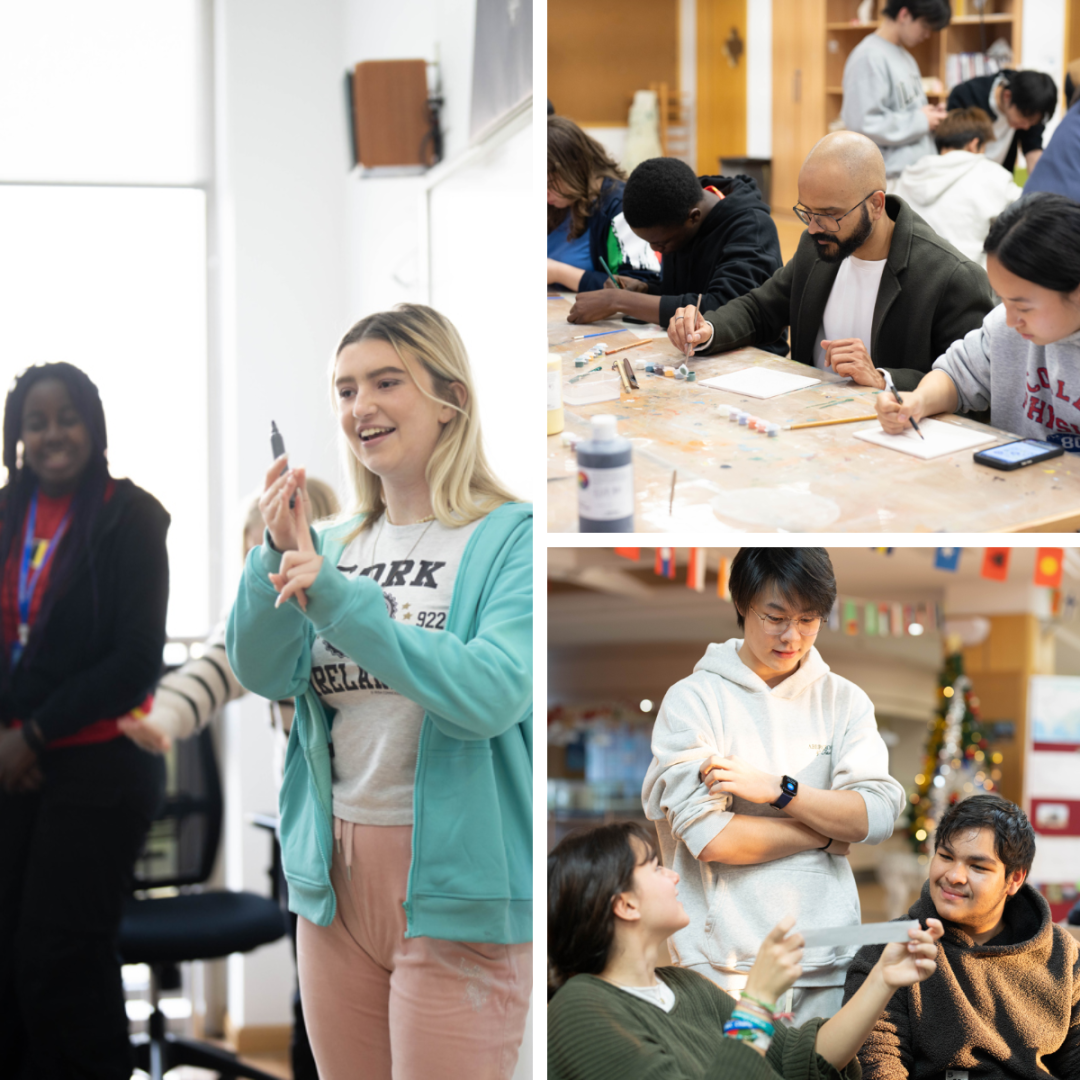
In the Traditional Greek Dance Workshop, community members learned the lively Sirtaki dance, immersing themselves in the vibrant rhythms and culture of Greece. The Portuguese Arraial Workshop celebrated the Santo Antônio Festival. Community members made clay sardines, crafted Manjericos decorations, and wrote Santo Antônio quatrains. The atmosphere was joyful, filled with the melodies of Pimba, a style of Portuguese music, as everyone enjoyed the festive spirit.
Global Café:
A Spark of Ideas
The Global Café, established by the International Relations Zhi Xing Group, is a cherished tradition that creates a cozy space for community members to discuss a wide range of topics, including international politics, society, and culture. During the event, participants could choose discussion tables based on their interests and each table had one or two discussion leaders to introduce topics and encourage critical reflection.
In line with the Europe Week theme, this Global Café focused on eight discussion topics to deepen the community's understanding of the European continent. They included the political status of Southeast Europe, public services for vulnerable communities in Eastern Europe, the current situation of the Roma people, the importance of geopolitical education, and the challenges of an aging population in Europe.
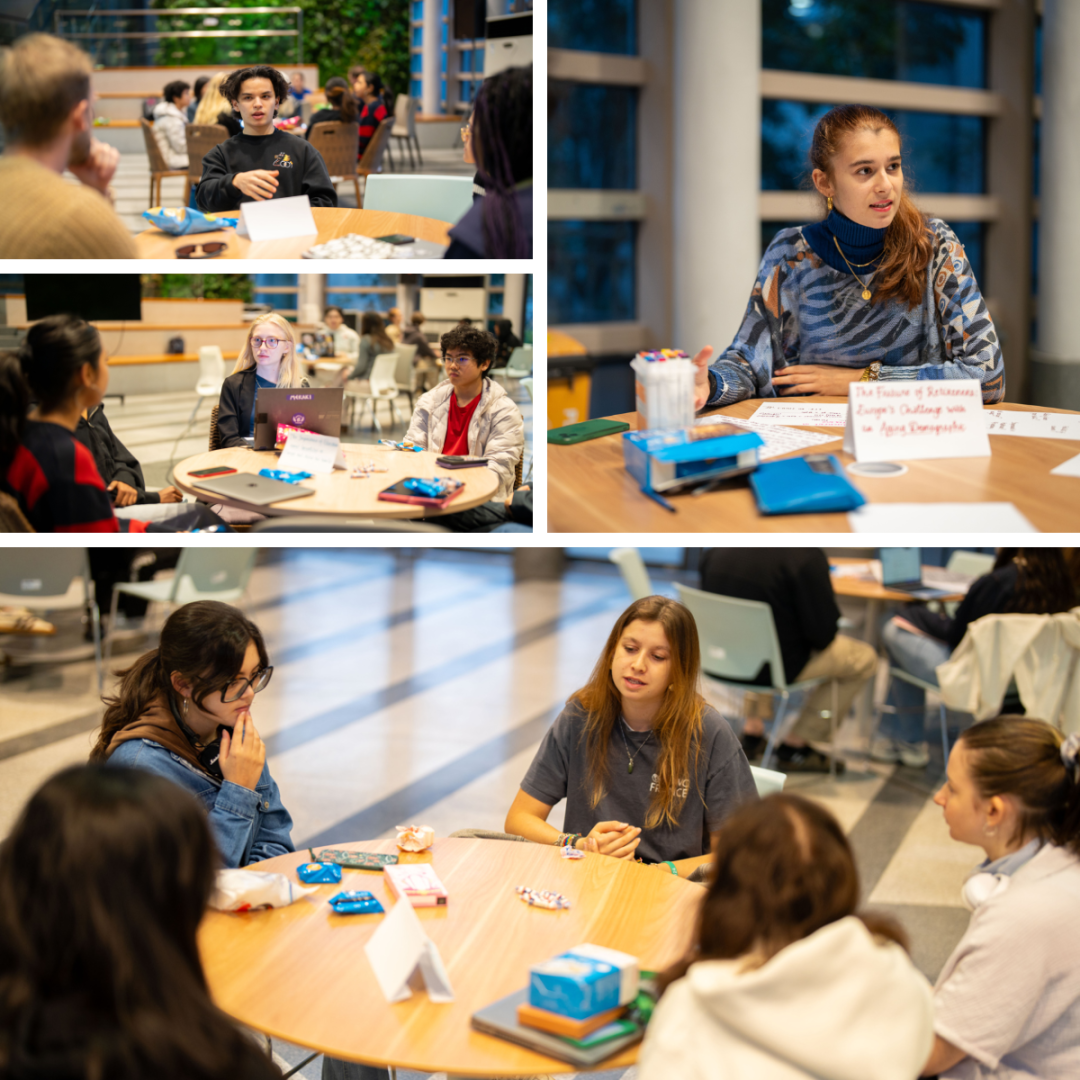
One of the organizers of the event, Callista, a DP2 student from France, shared:
I drew inspiration from the Enlightenment period in France, during which cafés—often referred to as 'Cafés des Lumières'—served as cultural hubs for the exchange of ideas. These cafés provided a casual environment where discussions on philosophy, politics, and art flourished. We aimed to recreate this experience at UWC Changshu China.
Our goal was to encourage the collision of ideas, encourage empathy and critical thinking, and link specific situations to global trends, improving interpersonal understanding and analytical skills. I've received a lot of positive feedback from both discussion leaders and participants, and the event's success is thanks to the active participation and support of the community!
03
Eurogala:
A Celebration of Diverse Cultures
Eurogala is a vibrant showcase of Europe's diverse cultures, featuring a wide array of performances. From traditional dances of Armenia, Poland, and Georgia to contemporary dance; popular songs of the Eurovision contest to love-themed skits from European mythology; Italian songs and performances by Irish bands, Eurogala highlighted the richness and vitality of European culture.
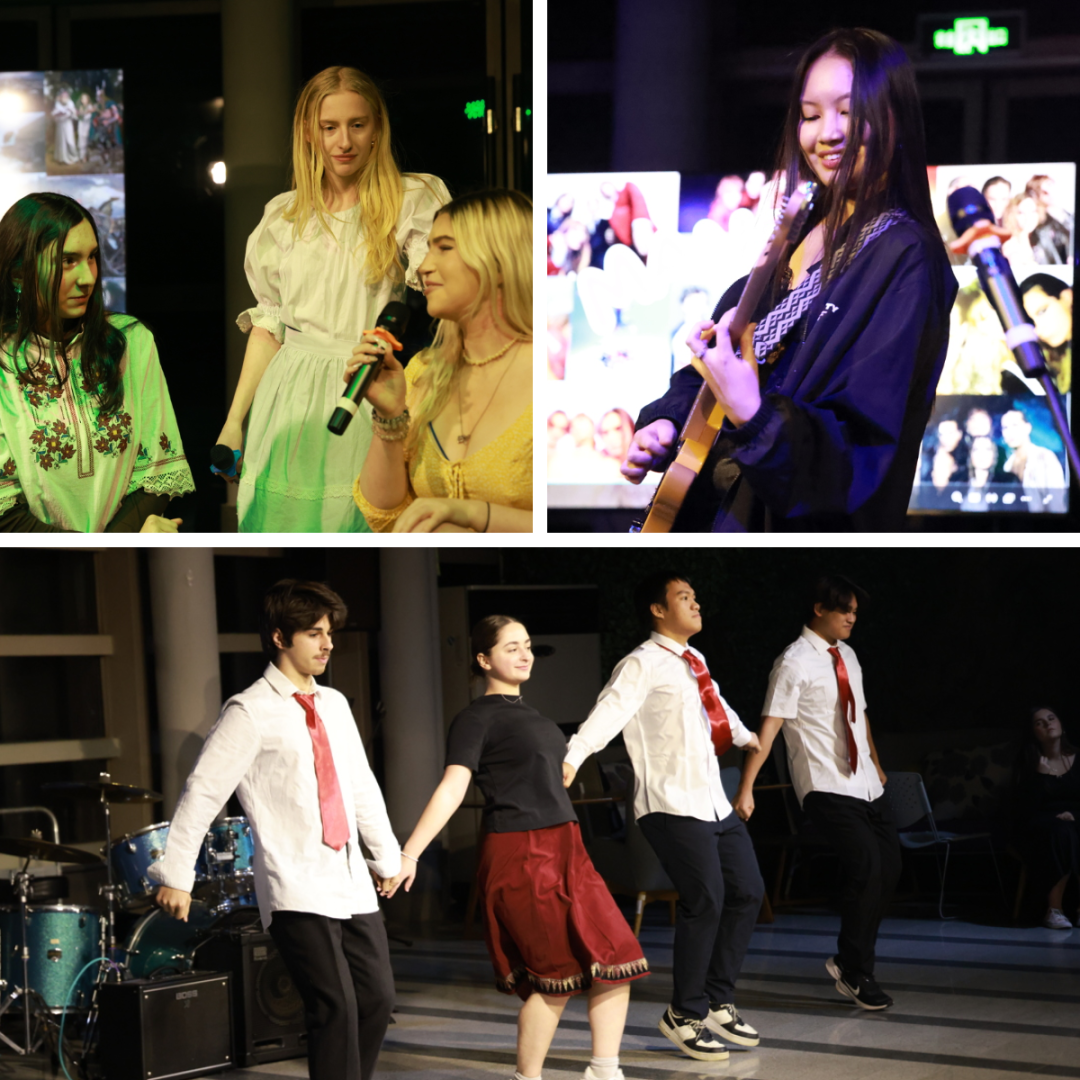
Kitti, a DP1 student from Hungary and the event's coordinator shared:
At the Eurogala, we showcased the unique charm and cultural heritage of various European countries. As both an organizer and an audience member, I enjoyed seeing all the work come together to create something so rich and memorable.
I learned a lot from coordinating this event, but most importantly, I learned from the people. I believe the value lies within the experience of working together and getting to know each other.
04
Student Reflection: Experiencing Cross-Cultural Exchange
Xiaoshu Zhu, a DP2 student from China, shared her unique experience during the Europe Week activities:
In addition to attending the tongue twister workshop, Winter Market, and Eurogala, I also participated in the performance of Polonez, a traditional Polish dance.
The performance organizer, DP1 student Madzia, told me that Polonez is a dance that high school students in Poland do at their proms. The music and dance steps are formal, fun, and ethnic. It gives me a wonderful feeling that we in China can dance to the same graduation party as our Polish peers. It's as if small dances like this can subtly connect people from different parts of the world.
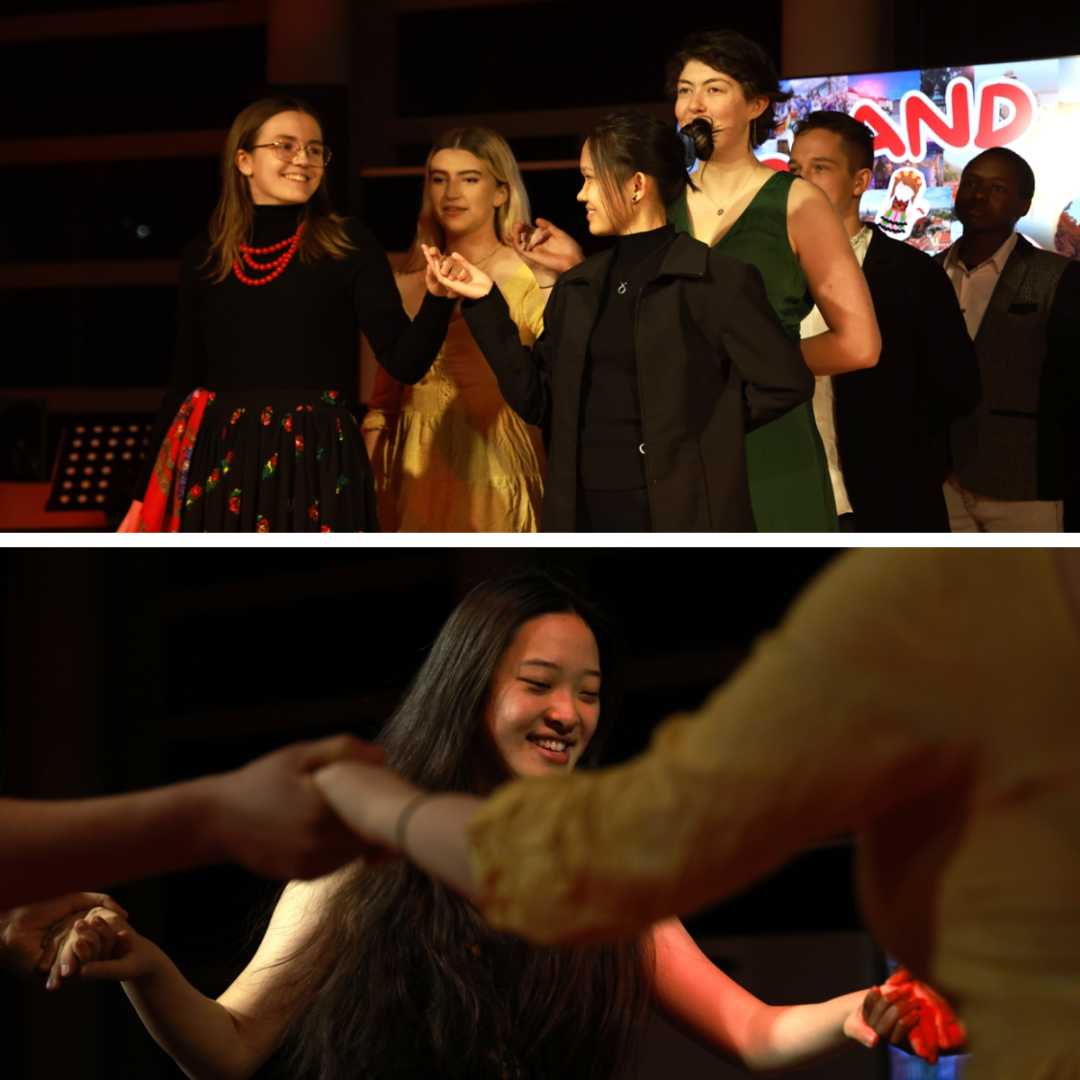
As a person who has never actually been to Europe, most of my impressions of the continent come from the Internet. And such an impression is certainly not comprehensive. During Europe Week, my friends showed me a richer and more diverse culture beyond those stereotypes.
While attending the event, I often thought: What kind of culture would "raise" so many different and interesting souls? What kind of lovely people can such a rich culture breed?
During Europe Week, I saw how our CSCers were influenced by their own cultures, and how they presented and spread the interesting cultures that influenced them.
This has led me to a greater interest and emotional connection with European culture and each individual from Europe in our community. In the process of cultural exchange, our relationship is further strengthened. I think this is the influence of cultural weeks in many aspects.
Mohamed, a DP1 student from Sudan, shared his thoughts on the Europe Week activities:
At UWC Changshu China, opportunities to connect across cultures are limitless. This December, I took part in Europe Week 2024, a celebration of traditions, stories, and creativity. It was my first time making Christmas cookies, and through that simple act, I found myself immersed in German culture.
What made it even more special was how the workshop brought us together, not as people from different countries but as a family. That sense of unity softened the ache of not returning home for winter break, reminding me that "home" can be found in moments of shared humanity. 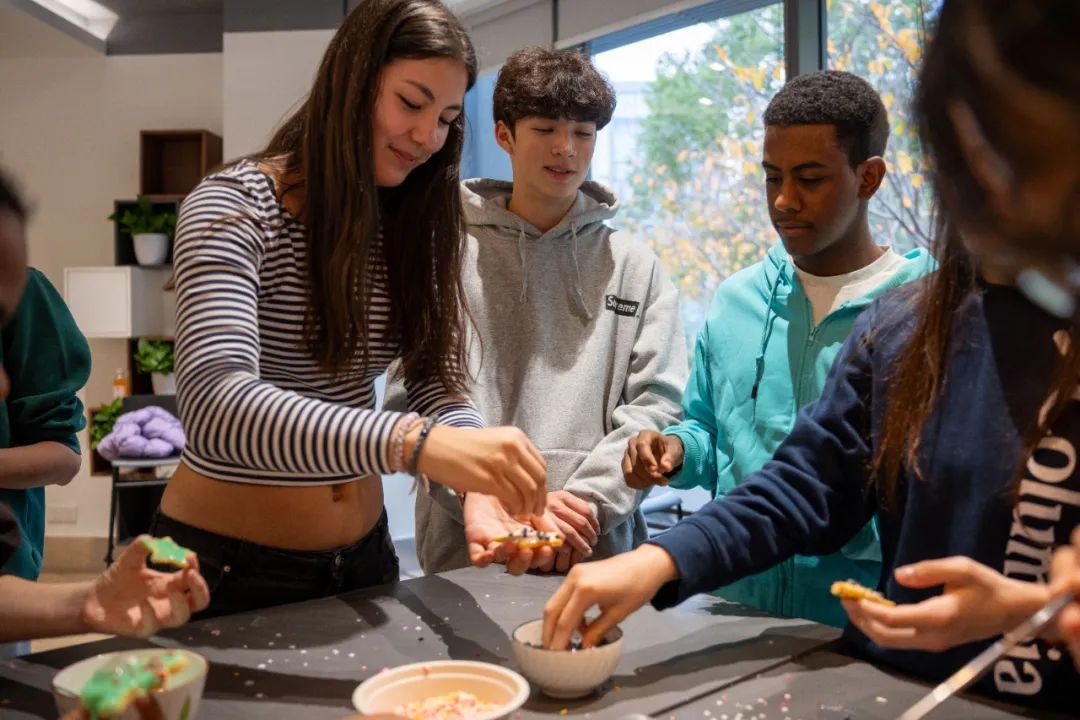
One of the highlights for me was the Eurogala. Watching my friends perform, each act brimming with artistry and pride, gave me a new appreciation for Europe’s cultural diversity. I felt like I wasn’t just watching performances but stepping into stories—stories of resilience, heritage, and identity.
It shifted my perspective of Europe, showing me a continent far more layered and richer than I had imagined. Participating in cultural weeks like Africa Week, Americas Week, and now Europe Week has shown me the world in ways no textbook ever could. Each event left me with deeper curiosity and respect for the people around me. Moments like these make me proud to be at UWC CSC, where learning happens in the most unexpected ways.
The activities of Europe Week not only broadened the cultural horizons of our community members but also deepened their friendships.
Next semester, UWC Changshu China will host Middle East and North Africa Culture Week, as well as Asia Week. Stay tuned!








